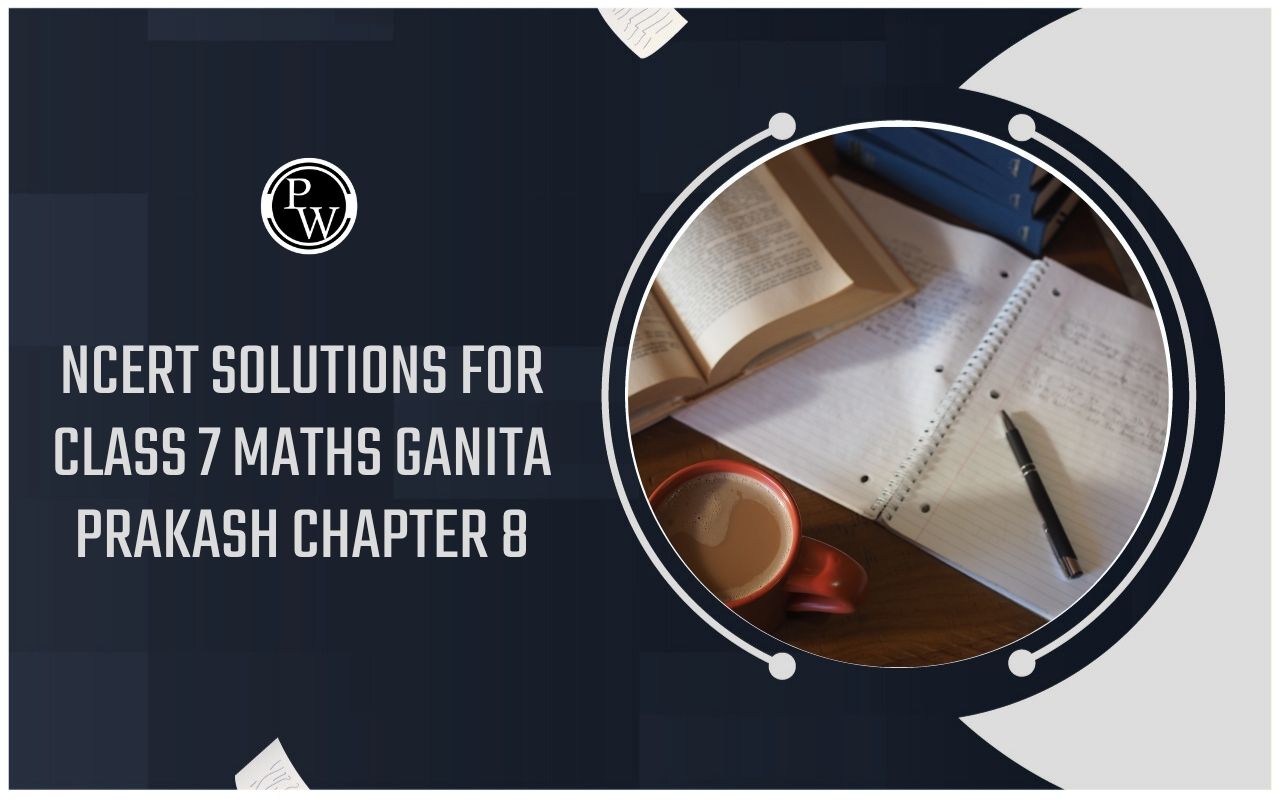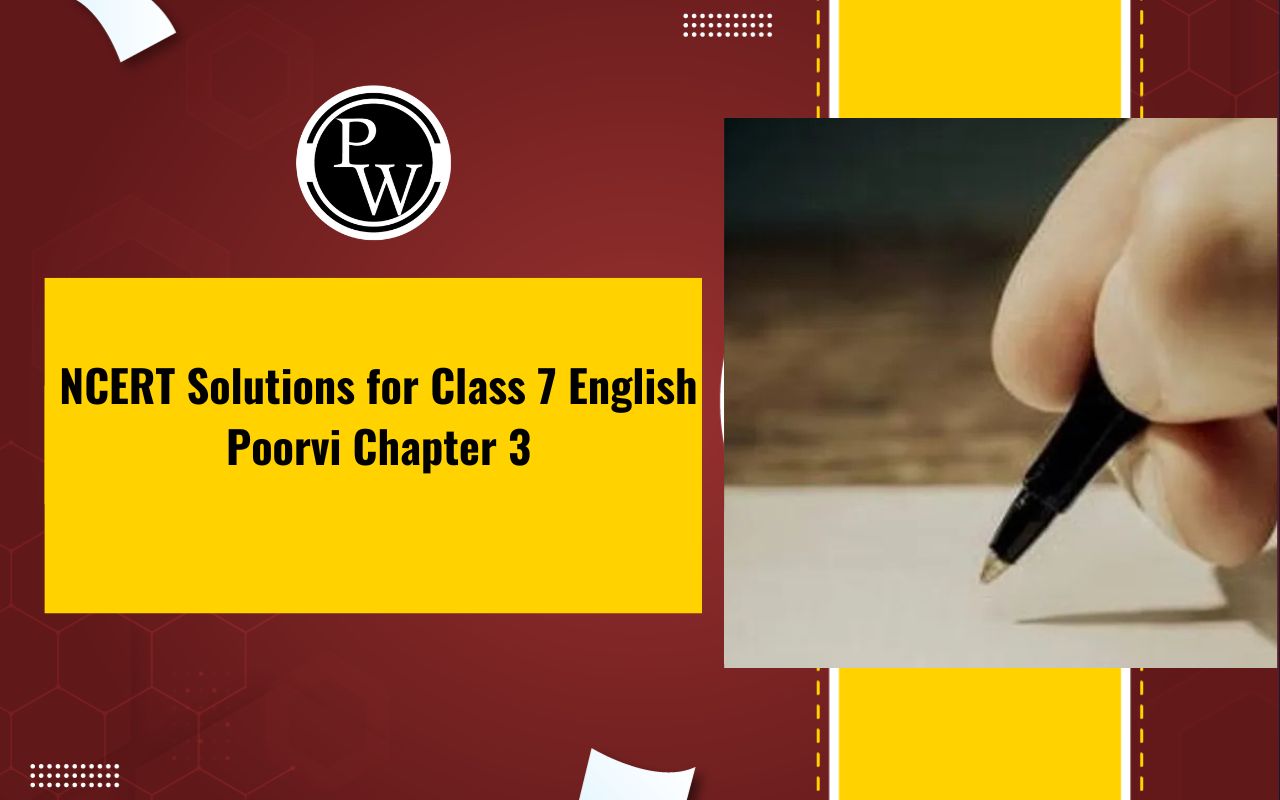
NCERT Solutions for Class 7 Science Chapter 8
NCERT Solutions for Class 7 Science Chapter 8: This page consist of details solution of chapter Winds, Storms and Cyclones class 7 science .You can check NCERT Solutions for class 7 Science for other chapters of class 7 science prepared by Physics Wallah.
do the questions by yourself and check your solution with Physics Wallah NCERT solution for the chapter Winds, Storms and Cyclones. to have more depth in chapter Winds, Storms and Cyclones class 7 science you must read the theory of Winds, Storms and Cyclones and do the additional question of Physics Wallah click this link to do the questions and read theory of Winds, Storms and Cyclones.
CBSE Board Exam Centre List 2024
NCERT Solutions for Class 7 Science Chapter 8 Winds, Storms and Cyclones Overview
To understand better, students should read Chapter 8 (Winds, Storms and Cyclones) of the Class 7 Science syllabus. This chapter covers essential topics, and the NCERT Solutions for Class 7 Science Chapter 8 contain valuable insights. It’s advisable for students to thoroughly study each topic to grasp the chapter’s concepts and effectively use the provided answers. These solutions, created by Physics Wallah’s expert instructors, aim to improve understanding. The goal is to help students score well in tests by reviewing and practicing these solutions.NCERT Solutions for Class 7 Science Chapter 8 Winds, Storms and Cyclones
While solving science specifically for class 7 you need lots of resource to excel in class 7 science to give you edge Physics Wallah uploaded additional questions of class 7 science for solid foundation of class 7 science , Academic team of Physics Wallah uploaded detail theory of class 7 science with added additional Notes & Questions.| CBSE Syllabus Class 7 | |
| CBSE Class 7 English Syllabus | CBSE Class 7 Math Syllabus |
| CBSE Class 7 Social Science Syllabus | CBSE Class 7 Science Syllabus |
NCERT Solutions for Class 7 Science Chapter 8 Exercise 1
Question 1: Fill the missing word in the blank spaces in the following statements: (a) Wind is ________ air. (b) Winds are generated due to ________ heating on the earth. (c) Near the earth’s surface __warm__ air rises up whereas _______ air comes down. (d) Air moves from a region of __________ pressure to a region of ________ pressure. Answer: (a) Wind is moving air. (b) Winds are generated due to uneven heating on the earth. (c) Near the earth’s surface warm air rises up whereas cold air comes down. (d) Air moves from a region of high pressure to a region of low pressure.
Question 2: Suggest two methods to find out wind direction at a given place. Answer: The following are the two methods to find out the direction of wind. (i) While flying a kite, air exerts pressure on the kite due to which the kite flies. The direction in which the kite flies is the direction of blowing of wind. (ii) While riding a bicycle, the direction in which it is difficult to ride is opposite to the direction of the blowing wind. Therefore, while flying a kite or riding a bicycle, the wind direction at a given place can be determined.
Question 3: State two experiences that made you think that air exerts pressure (other than those given in the text). Answer: We have experienced that when we blow a balloon, the balloon becomes tight. If we try to fill more air, then the balloon will burst after an extent. This happens because air exerts pressure. We have also experienced the movement of fringes of windows and doors of our houses when wind blows in a high speed. This also happens because air exerts pressure.
Question 4: You want to buy a house. Would you like to buy a house having windows but no ventilators? Explain your answer. Answer: A house having windows but no ventilators should not be bought. This is because warm air is lighter than cold air and therefore, it goes up. This warm air can go outside the house mostly through ventilators. If there are no ventilators, then the warm air cannot go outside easily.
Question 5: Explain why holes are made in hanging banners and hoardings. Answer: Air exerts pressure. Wind blowing in high speed may break or displace many things. If holes are made in hanging banners and hoardings, then air can pass through these holes, which reduces the air pressure exerted on the banners and hoardings. That is why holes are made in hanging banners and hoardings.

Question 6: How will you help your neighbours in case cyclone approaches your village/town? Answer: In case cyclone approaches, the neighbours should be helped in the following ways.
(i) By helping in moving to cyclone shelters and other safer places.
(ii) By asking them to take necessary steps to shift animals, vehicles and household goods to safer places.
(iii) By calling the emergency services such as police, fire brigade and medical centres when required.
Question 7: What planning is required in advance to deal with the situation created by a cyclone? Answer : It is important to follow the following measures in order to deal with a cyclone:
(i) By carefully listening to the warnings transmitted on T.V and radio.
(ii) Moving to the safer places.
(iii) keeping an emergency kit ready.
(iv) store food in waterproof bags.
(v) not venturing into the sea.
(vi) keeping all the emergency numbers.
Question 8: Which of the following places is unlikely to be affected by a cyclone? (i) Chennai (ii) Mangaluru (Mangalore) (iii) Amritsar (iv) Puri Answer: (iii) Amritsar
Question 9: Which of the statements given below is correct? (i) In winter the winds flow from the land to the ocean. (ii) In summer the winds flow from the land towards the ocean. (iii) A cyclone is formed by a very high-pressure system with very high-speed winds revolving around it. (iv) The coastline of India is not vulnerable to cyclones. Answer: (i) Correct In winter the winds flow from the land to the ocean. This is called land breeze. (ii) Not Correct In summer the winds flow from the ocean towards the land. This is called sea breeze. (iii) Not Correct A cyclone is formed by a very low-pressure system with very high-speed winds revolving around it. The low-pressure region is called the eye of the cyclone. (iv) Not Correct The coastline of India is very vulnerable to cyclones.
NCERT Solutions for class 7 Science Chapter 8 FAQs
What causes wind?
What is the difference between a cyclone and a tornado?
How are cyclones named?
What safety measures should one take during a cyclone?
How are winds classified?








